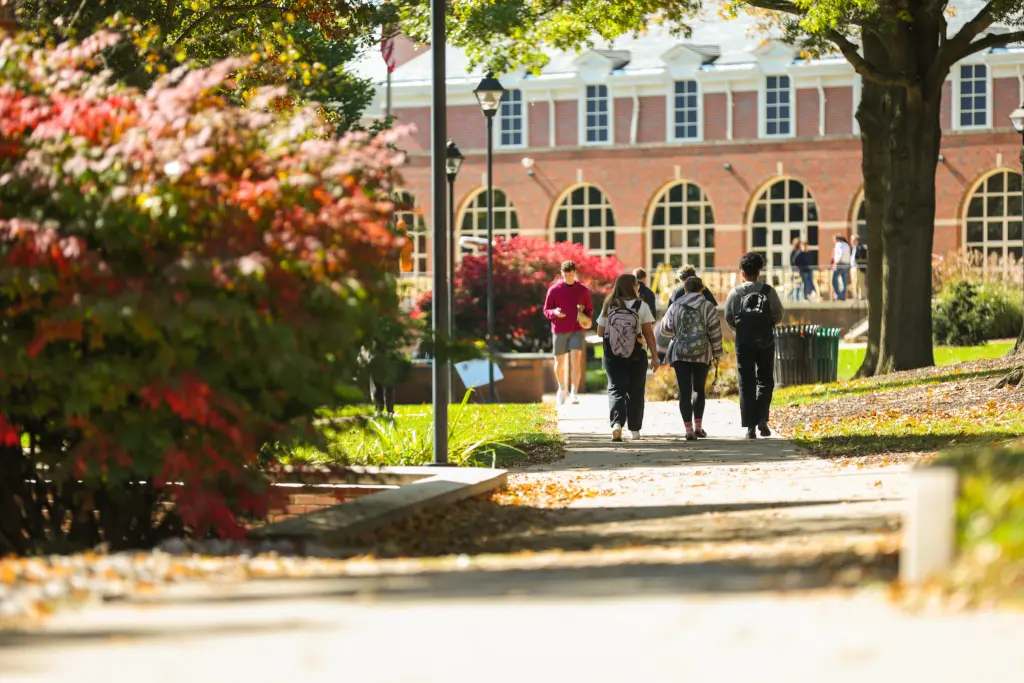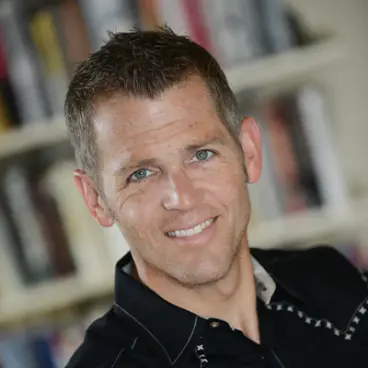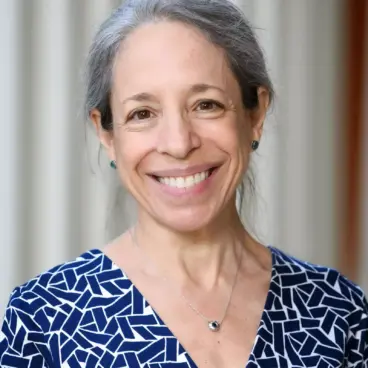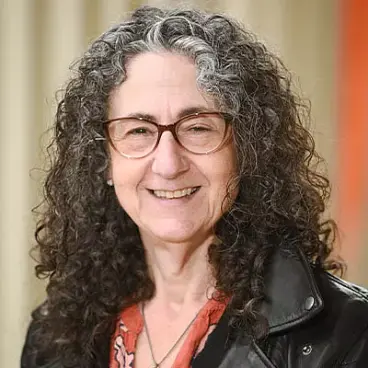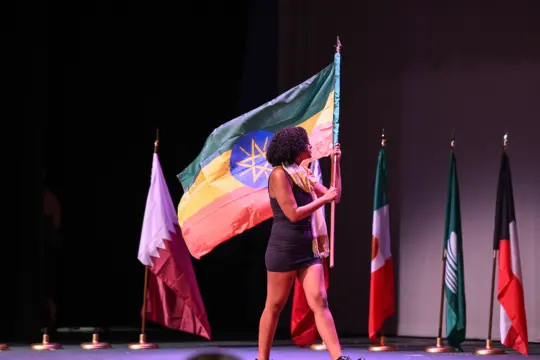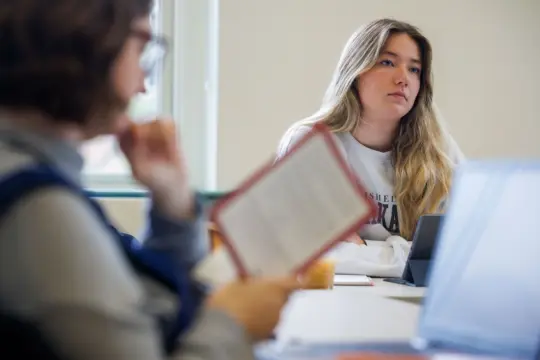Jewish & Israel Studies
Developing a meaningful understanding of Judaism and Israel.
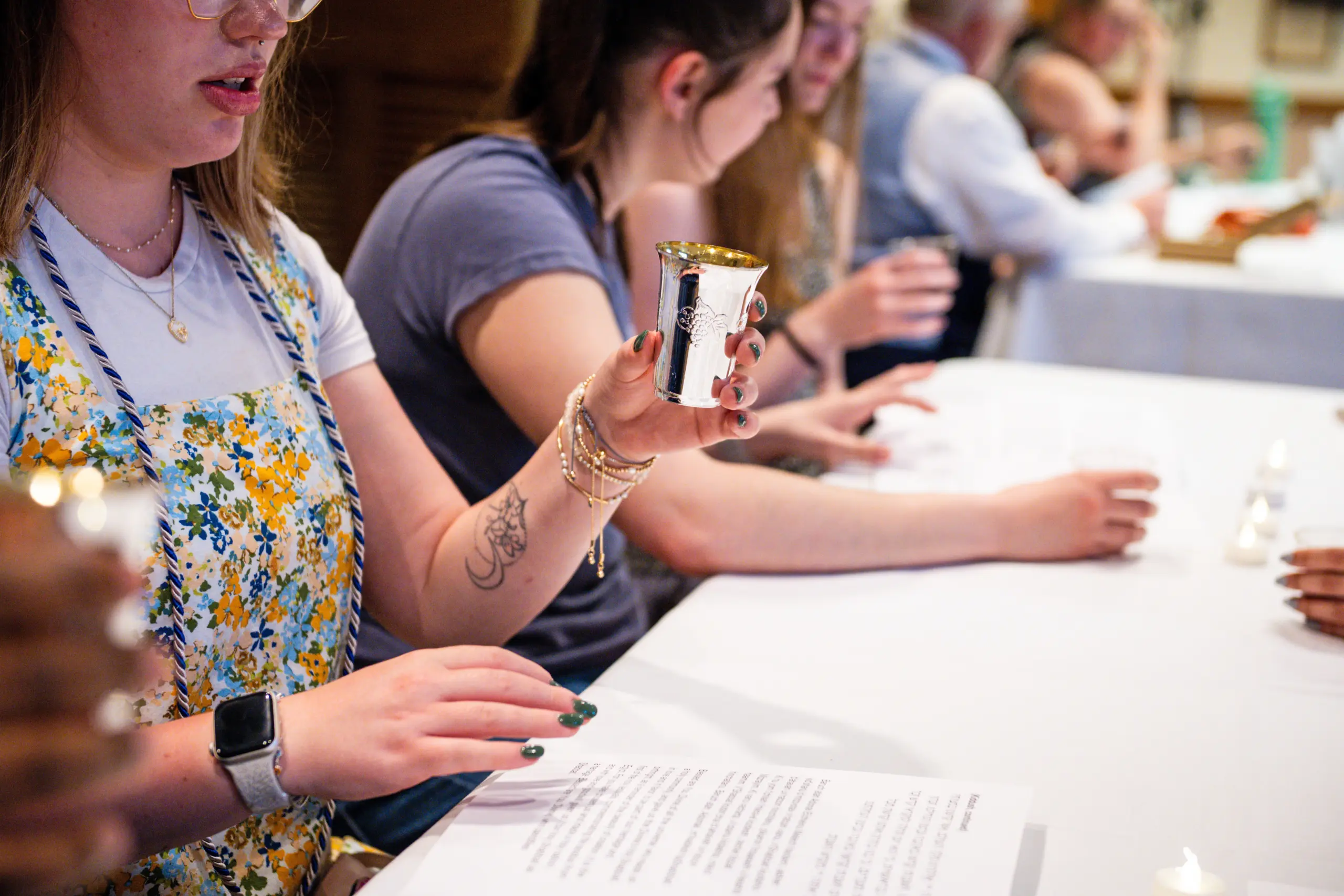
Jewish & Israel Studies Minor
If you are seeking to broaden your cultural, intellectual or spiritual horizons, this minor will appeal to you.
Jewish & Israel Studies will provide you with a foundation for understanding one of the world’s ancient religions, whose modern incarnation, as both a spiritual tradition and a cultural identity with multiple homes, including Israel, has inspired community-building as well as divergent interpretations of what it means to be Jewish.
If you are seeking to broaden your cultural, intellectual or spiritual horizons, this minor will appeal to you. The program is a good companion to religious studies, political science, history, creative writing and even business as there is a greater workplace emphasis on being fluent in and appreciative of intercultural relations and a range of political perspectives.
Aside from classes in Judaism, Jewish literature and the Holocaust, you also will have the opportunity to join classmates and friends at the Hillel House to observe the variety of practices associated with the Jewish Sabbath, holidays, and peoplehood. Jewish & Israel Studies welcomes all students interested in deepening their understanding of Judaism and Israel.
Immerse, interdisciplinary studies at Susquehanna
Susquehanna’s liberal arts philosophy guides more than our coursework: it’s your roadmap to discovering your ideal career. Take it from Dylan Furlano ’14, who combined creative writing, economics and Jewish & Israel studies, along with two other minors, to truly diversify her education.
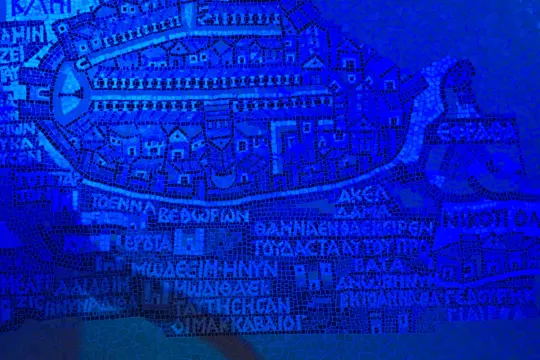
SUSQUEHANNA By the Numbers
More Than Metrics
99%
of students receive financial aid
95%
of students study abroad
Explore Your Studies
Academic Resources
Examines Judaism as it has been defined and developed as a way of thought and a way of life. The course focuses on central religious concepts, holidays, life-cycle ceremonies and various forms of religious expression, including prayer and ritual, in order to help students understand what it means, and has meant, to be Jewish. Same as RELI-113. 4 SH. CC: Diversity.
Explores issues and problems related to the philosophical and ethical literature of the Jews, from the Talmudic period through the present. Topics vary and may include classical Jewish texts, mysticism, continental and poststructural Jewish philosophy, morality and social practice, women and gender and Judaism in America. The course encourages students to recognize in Jewish texts reflections of Judaism that are diverse and, at times, antithetical to one another. Same as RELI-115. 4 SH. CC: Ethics.
An introduction to the texts of the Hebrew Bible, with concern for their socio-historical contexts, literary forms and theological insights. Attention also to the variety of ways in which this literature has been and continues to be valued. Prerequisites: sophomore standing and one of the following: a course in religious studies, a course in English, a course in history, DIVS-100, WGST-100; or instructor’s permission. Same as RELI-201. 4 SH. CC: Diversity Intensive, Interdisciplinary, Writing Intensive.
An extensive inquiry into women’s stories and images in the Hebrew Bible, New Testament, and related literature from the biblical period. Explores the range of roles played by women within biblical narratives, the variety of metaphorical/symbolic uses of femininity in biblical traditions, and legal and ethical precepts related to the status of women in the biblical period. Methods and approaches from the social sciences, history, literary studies, and theology, as shaped by feminist theory, will serve as the main guides for this study. Prerequisite: Sophomore standing and one of the following: a course in religious studies, a course in women’s studies, a course in English, a course in history, or DIVS-100. Same as WGST-207 and RELI-207. 4 SH. CC: Diversity Intensive, Interdisciplinary, Writing Intensive.
A variable topic survey, in English translation, of the texts, writers, histories and languages that describe Jewish literatures. The course is especially concerned with debates over definitions of “Jewish literature,” the significance of Jewish literary and cultural diversity and Jewish literary navigations between diaspora and homeland, secularism and religiosity. Readings may include Hebrew and Israeli literature, Yiddish literature, Sephardic literature or Jewish literatures of Europe and the Americas. Same as ENGL-255. Prerequisite: sophomore standing. 4 SH. CC: Diversity, Literary Expression.
Using anthropological approaches to the study of food, this course examines the meanings and uses of various Jewish cuisines as they developed in diverse regions and historical periods. We will consider the laws of kashrut and their modern interpretations, the social history of traditional Jewish foods, the literary development of Jewish cookbooks and literary and cinematic representations of Jewish cuisines and dining. Underlying our study will be questions concerning how class, gender, faith, ethnicity, aesthetics and politics inform Jewish foodways. Because cooking and eating are frequently done in the company of others, much of our work will be collaborative. Same as ANTH-312. 4 SH. CC: Diversity.
Examines the origins, implementation and consequences of the Nazi program of mass murder over the course of the 20th century. Students study various primary and secondary sources of the Holocaust and consider the lasting impact of how we represent and remember those events. Same as HIST-338. 4 SH.
Discussion, debate and evaluation of significant trends and phenomena in Jewish & Israel studies. Topics vary according to instructor preference, and may include regional literatures and histories, Jewish languages, gender and identity issues, folklore, Jewish film, Jewish music, Sephardic studies, Zionism, Christian/Jewish relations and Black/Jewish relations. 4 SH.
Detailed exploration of literature or author(s); of a selected historical period; of a literary, historical or religious topic, problem or issue; or of creative arts related to Jewish & Israel studies. This course engages students in library or action research, research design or application, or creative work in the arts under a faculty member’s direction, and it culminates the minor in Jewish & Israel studies. 2 SH.
When you enroll at Susquehanna, you’ll be paired with an advisor and application tool to guide you in your course planning and scheduling. The following is an excerpt from the complete course catalog. Enrolled students follow the requirements of the course catalog for the academic year in which they declare each major and/or minor and consult with their advisor(s).
Jewish & Israel Studies Minor
The Jewish & Israel studies minor consists of 22 semester hours, including JWST-113 Introduction to Judaism, JWST-255 Jewish Literature, JWST-338 The Holocaust, eight semester hours selected from the other available Jewish & Israel studies courses listed below and two semester hours of independent study approved by the director.
The various departments that partner with the Jewish & Israel studies program may offer special topics and variable content courses of interest (such as Biblical Hebrew, Jewish and Israeli Cinema, etc.) that will be cross-listed as JWST-390 and that will satisfy the elective requirement of the minor.
Double-counting Restriction for Interdisciplinary Minors
Only 6 semester hours of this minor may be double-counted toward the student’s major.
Language Fellows
As part of the Fulbright Foreign Student Program, the Fulbright Foreign Language Teaching Assistant (FLTA) is designed to develop Americans’ knowledge of foreign cultures and languages by supporting teaching assistantships in more than 35 languages at hundreds of U.S. higher education institutions.
The FLTA program offers educators from more than 55 countries the opportunity to develop their professional skills and gain first-hand knowledge of the United States, its culture and its people.
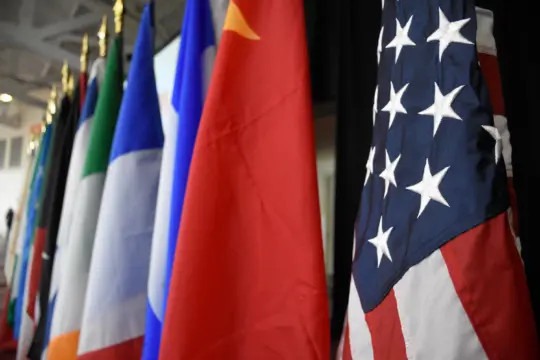
Meet the Faculty
TAKE A VIRTUAL TOUR
Launch ExperienceYOU MAY ALSO BE INTERESTED IN
See the full list of related programs on the School of Humanities page.
Have Questions?
Contact Us
Start your journey.
